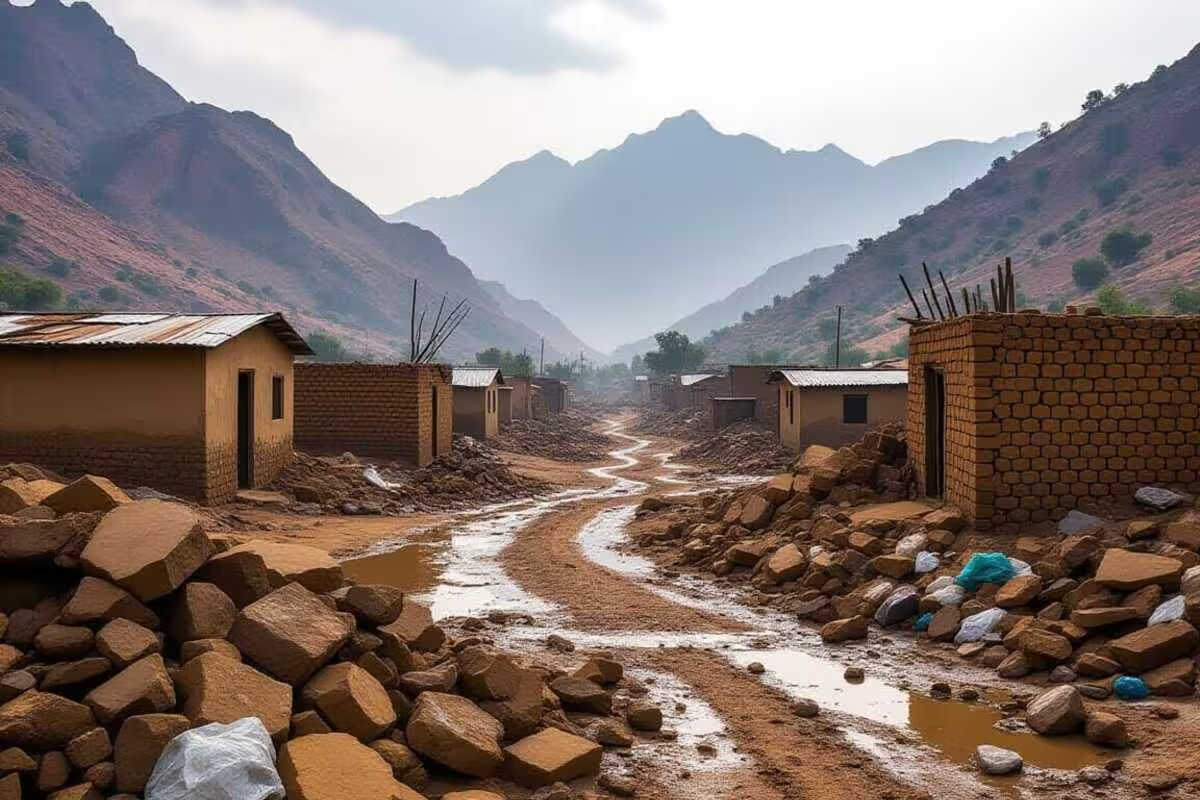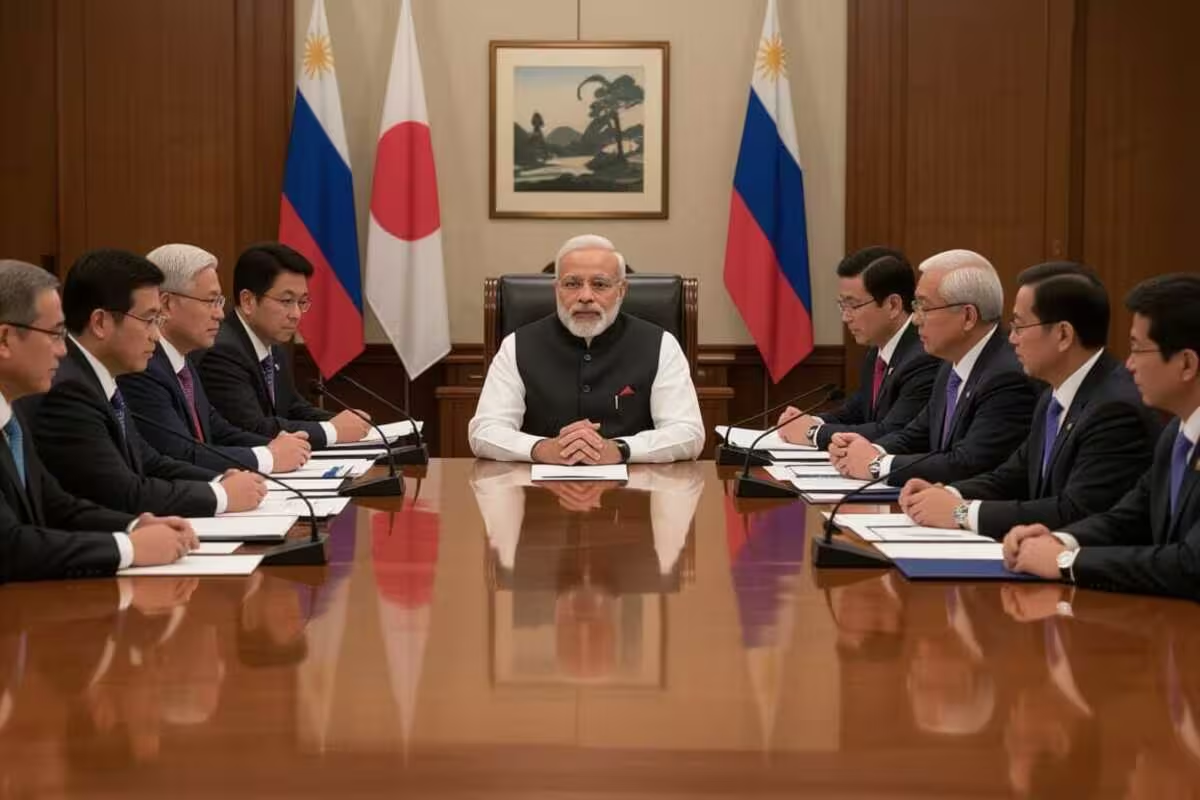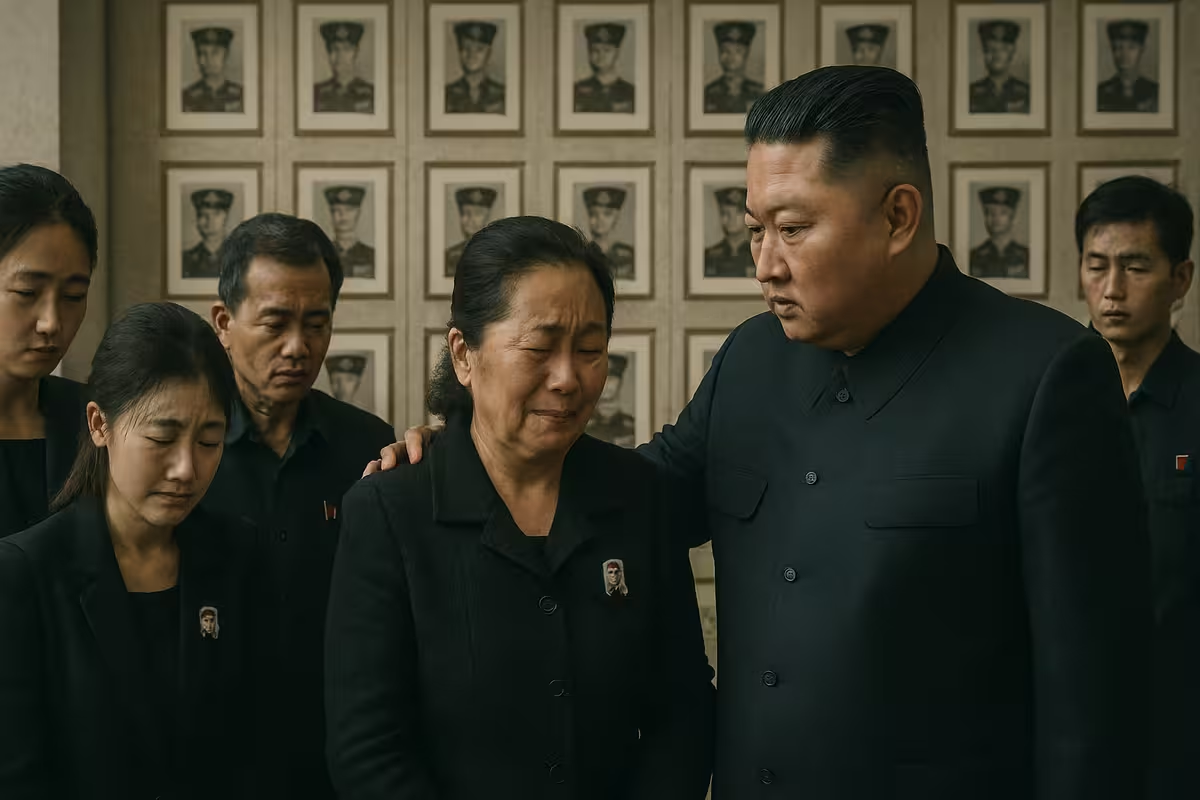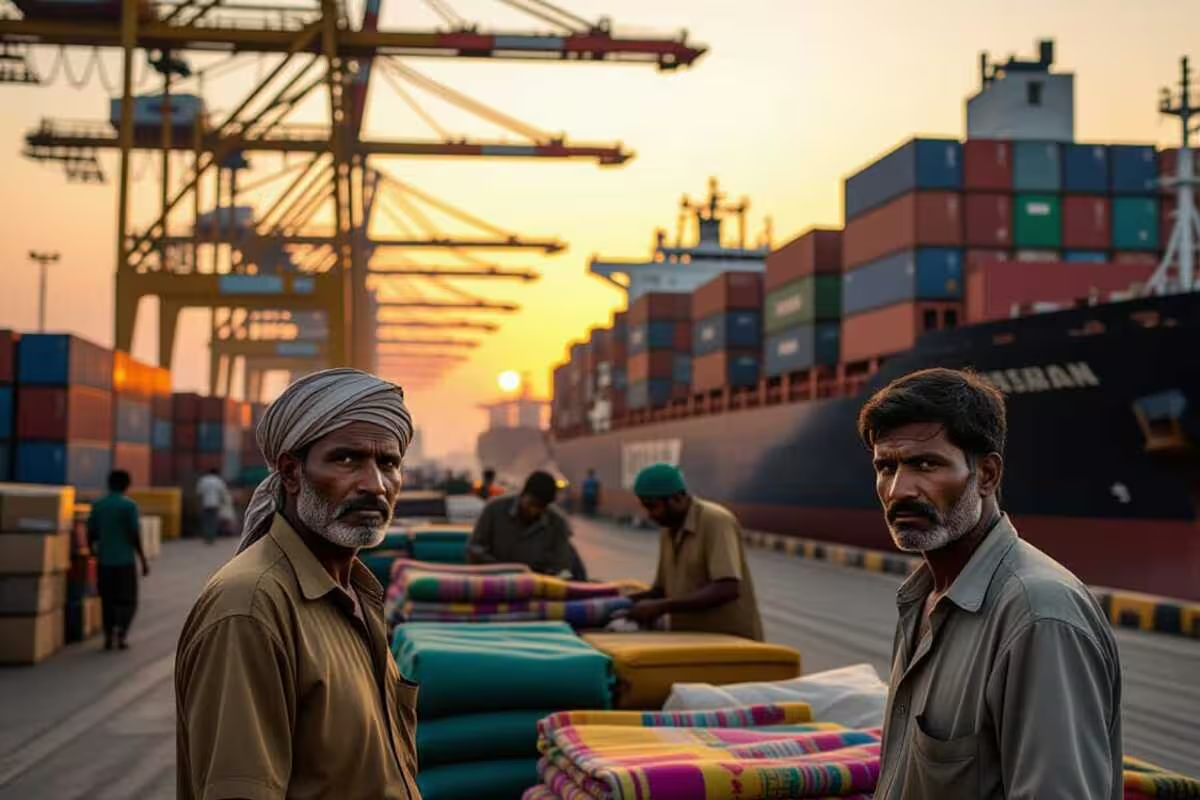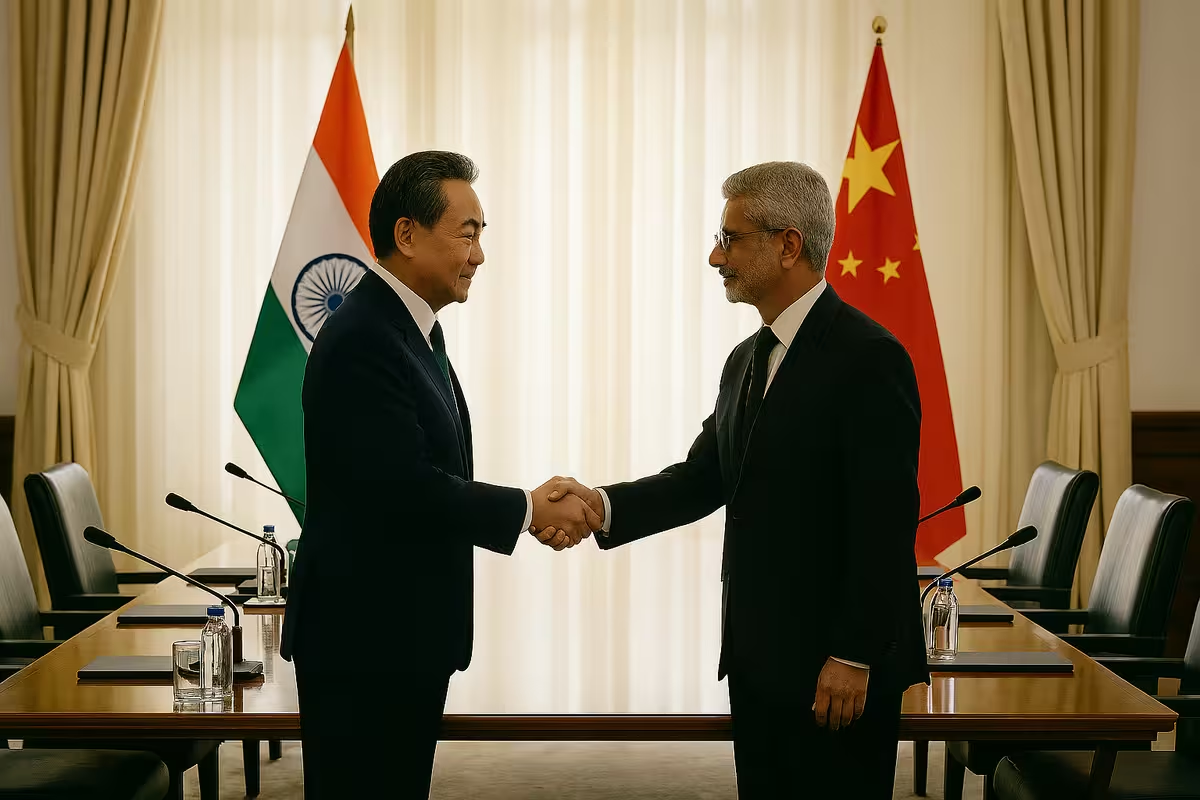New Delhi Stands Firm on Russian Oil Imports Despite US Tariff Threat
NEW DELHI, India – August 6, 2025: India’s flat-out said no to the US, refusing to stop buying cheap Russian oil. They’re sticking to what’s best for their economy and energy supply. Prime Minister Narendra Modi’s team is pushing back hard against US President Donald Trump’s threat to slap big tariffs and other penalties on Indian goods. This disagreement shows a real divide between two of the world’s biggest democracies on money and how to deal with other countries. New Delhi says it has the right to decide where its energy comes from.
Trump Team Upsets the Apple Cart
The trouble started when President Trump posted on his social media site, Truth Social, about India’s energy plan. He said New Delhi was buying tons of Russian oil and then selling it for a fortune.
Trump didn’t stop there. He claimed India doesn’t care about the people dying in Ukraine because of Russia. Then he announced a 25% tariff on Indian goods, starting August 1, 2025, and warned there could be more penalties for trading with Moscow.
According to folks like Deputy Chief of Staff Stephen Miller, the US thinks India’s oil buys are basically paying for Russia’s war in Ukraine. So, they see this as part of a bigger plan to cut Russia off and punish them financially.
Russia Defends India on Trump Tariff Threats
India’s Response: Clear and Unambiguous
India’s Ministry of External Affairs (MEA) didn’t mince words, calling the US attack on India unfair. The MEA made it clear that India makes energy decisions based on what’s good for the country, not because someone else tells them to.
They also brought up a sore point: India says that the US and its buddies in Europe still do a lot of business with Russia, like importing uranium, palladium, and fertilizers, while Europe buys tons of energy.
MEA spokesperson Randhir Jaiswal pointed out that the EU traded way more with Russia in 2024 than India did. India is calling this a double standard to defend what they’re doing.
Why India’s Sticking to Its Guns
New Delhi’s decision is based on some serious money and strategy stuff. Before the Ukraine mess, Russia was a nobody when it came to India’s oil, less than 0.2%. But with Western countries putting the squeeze on Moscow, Russian oil got cheap, and India jumped on it.
Now, Russia is India’s top oil source, making up over 35% of all its crude imports. This has helped India save a bunch on energy costs, which keeps inflation down and gas prices steady for its 1.4 billion people.
Experts say that if India’s forced to ditch Russian crude, it could get expensive. Losing that discount, around $5 a barrel, could cost India an extra $9-11 billion a year. That would put a strain on the government and could push prices up.
Looking Back and Moving Forward
India’s also sticking to its guns because it has always been about doing its own thing. This idea, which comes from its old Cold War policy of not picking sides, means India will do what’s best for itself and won’t blindly follow any big group.
India and Russia have a long-standing relationship, especially when it comes to defense. Russia is still a big supplier of military gear to India, which New Delhi sees as key to its security.
This close defense ties makes it even harder for India to cut Russia off completely. With all the ongoing cooperation in defense and other areas, ditching Russia is tough, both politically and practically.
What About Refined Petroleum?
Here’s something important: India is a pro at refining and selling petroleum products. Indian refineries, both public and private, are turning that cheap Russian crude into stuff like diesel and jet fuel.
Then, they sell these products, sometimes even to European countries that have banned Russian crude imports. This is totally legal and has been good for India’s economy, but it’s also bugging Western leaders.
The US is accusing India of profiting from this, but India says it’s just how the market works and that they’re good at refining. Private companies like Reliance Industries and Nayara Energy are all over this.
What Could Happen Next?
The Indian government and businesses are figuring out what Trump’s tariffs will do. Some experts think the short-term hit to the economy won’t be too bad, but they’re worried about the long-term impact on industries that rely on exports.
The Ministry of Commerce and Industry is saying that the new tariffs could hurt a lot of India’s exports to the US, especially things like engineering goods and textiles. This has made Indian exporters nervous.
This whole thing has put India-US trade talks on ice. Both sides say they want a deal, but the current fight over Russian oil and tariffs makes it tough to get anything done soon.
India’s government is looking at creative ways to help exporters, but they’re not planning any direct handouts. The country’s foreign policy folks are still saying they won’t be pushed around and will do what they think is right in a complicated world.




